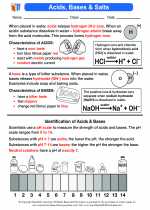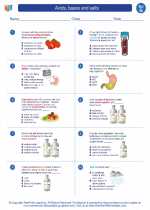Vitamin K
Vitamin K is a fat-soluble vitamin that is essential for blood clotting and bone health. There are two main forms of vitamin K: K1 (phylloquinone) and K2 (menaquinone). Vitamin K1 is found in green leafy vegetables, while vitamin K2 is found in meat, dairy products, and fermented foods. Both forms are also synthesized by bacteria in the gut. Vitamin K is involved in the production of prothrombin, a protein necessary for blood clotting, as well as other proteins that regulate bone mineralization and vascular health.
Functions of Vitamin K
Vitamin K has several important functions in the body:
- Promotes blood clotting by helping to produce prothrombin and other clotting factors.
- Regulates bone mineralization by activating osteocalcin, a protein that helps bind calcium to the bone matrix.
- Supports vascular health by preventing the calcification of arteries and other soft tissues.
Sources of Vitamin K
Good food sources of vitamin K include:
- Green leafy vegetables such as kale, spinach, and broccoli
- Meat, such as pork, beef, and chicken liver
- Dairy products like cheese and yogurt
- Fermented foods like natto (fermented soybeans) and sauerkraut
Deficiency and Toxicity
Vitamin K deficiency is rare but can lead to impaired blood clotting, excessive bleeding, and an increased risk of fractures. Individuals at higher risk for deficiency include newborns, those with malabsorption disorders, and people taking certain medications like blood thinners.
Excessive intake of vitamin K from food sources is unlikely to cause toxicity, as any excess is usually excreted in the urine. However, high-dose vitamin K supplements can interfere with anticoagulant medications and should be used with caution.
Study Guide
To study vitamin K effectively, consider the following key points:
- Understand the role of vitamin K in blood clotting and bone health.
- Learn about the sources of vitamin K and include them in your diet.
- Recognize the symptoms of vitamin K deficiency and the populations at higher risk.
- Be aware of the potential interactions between vitamin K supplements and certain medications.
- Review the recommended dietary intake of vitamin K for different age groups.
By understanding the functions, sources, and potential deficiencies or toxicities of vitamin K, you will have a solid foundation for mastering this important topic in nutrition and health.







